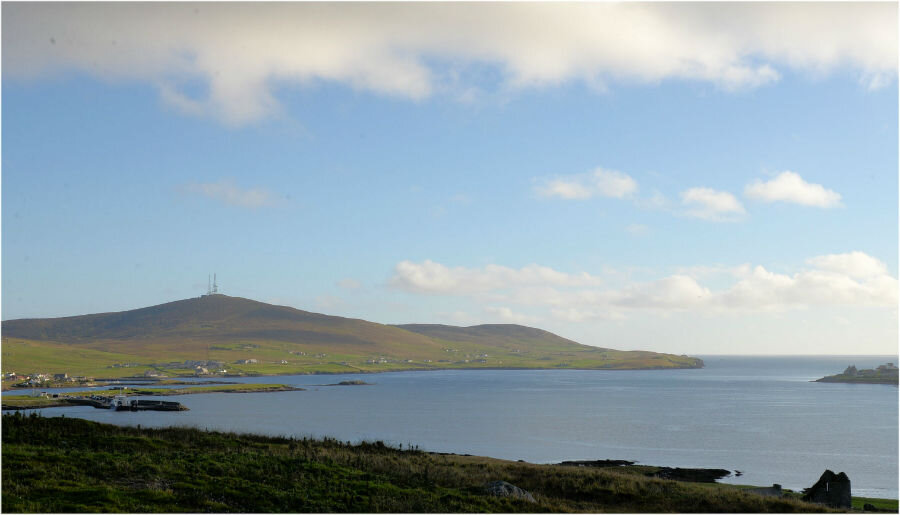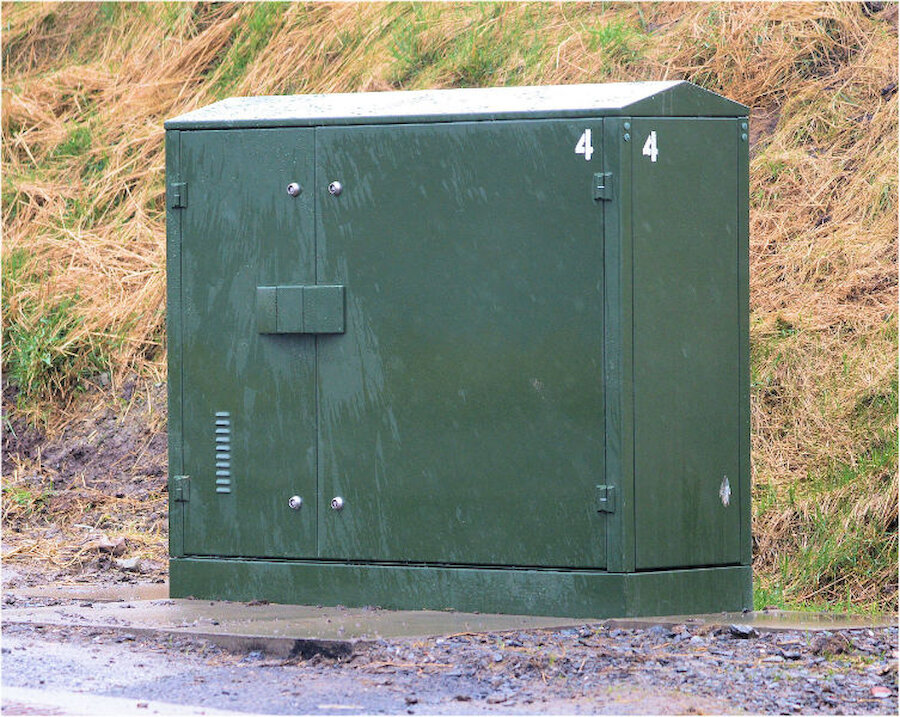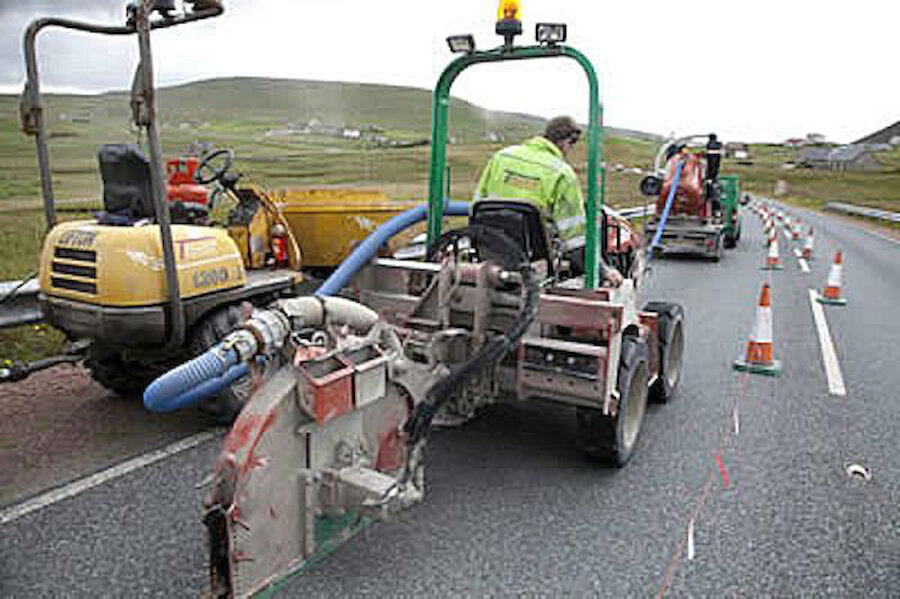Faster broadband and better mobile phone services will soon be available to many people in Shetland, thanks to public and private investment.
Shetland folk have always been concerned about communication. In the 1970s and 1980s, CB radio was hugely popular in the islands and there have been other pioneers. BBC Radio Shetland is hard-wired into island life and the islands have long had one of the UK’s smallest, yet technically sophisticated, independent local radio stations, SIBC.
When it comes to broadband, the picture is still developing and, as in other parts of the UK, speeds vary. For those who are already connected to one of the green roadside cabinets served by new fibre-optic cables, speeds of up to 80mbps are promised. Many customers in Lerwick and some other areas are receiving over 24mbps. However – because the last mile or two of cable is copper, not fibre – the speed does drop rapidly with increasing distance, sometimes beyond the point (between 2mbps and 1.5mbps) where large files take much longer to download and the BBC’s iPlayer gives up the struggle. Where small numbers of customers are spread over a wide area, more cabinets are needed to provide an acceptable service, pushing up costs.



